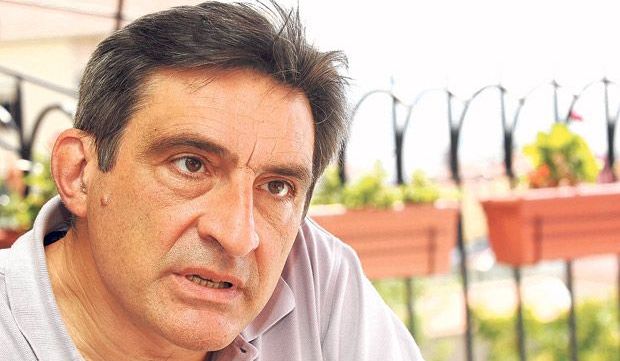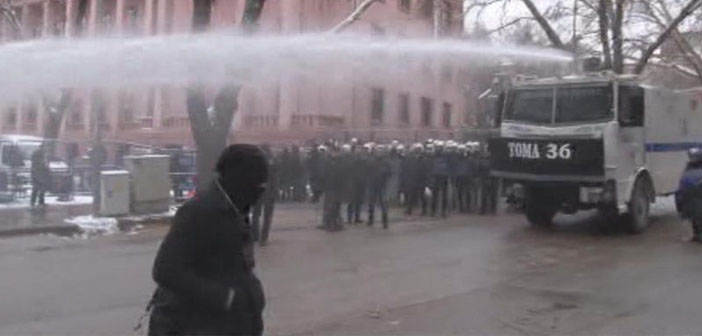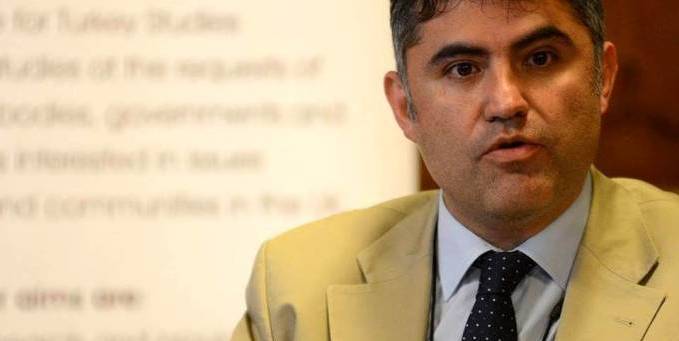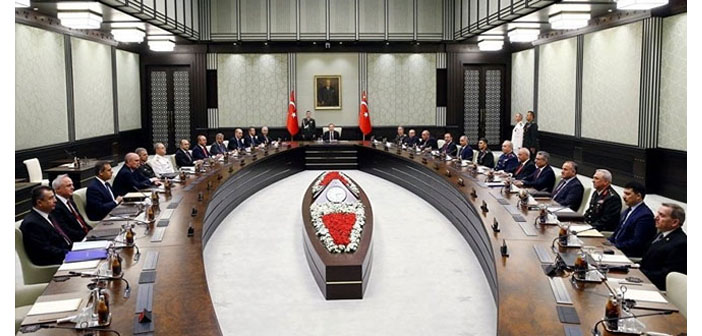Though we watched live what happened on July 15, we still don't know exactly how the attempted coup unfolded behind the scenes. There are lots of reports and information about this issue, but they are just too new. We talked to Ahmet İnsel about what happened and the possible developments after the attempted coup.
Considering the
way the coup was unfolded, what was the strategy and mentality of
this attempt?
Apparently, the main purpose of the coup plotters was to convince the Chief of General Staff to be the ostensible head of the coup; in this way, all the forces would have been tied to the chain of command. We don't know how many people in the army had known about the preparations of the putschist clique. However, it seems that the preparations were limited to some officers in gendarmerie, air force and some armored units. And seemingly, there was another purpose related to the first one: capturing the president. It can be said that the putschists thought that they will be able to take the control once they had the control of the chain of command and subdued Tayyip Erdoğan. We can also say that they hadn't expected a counter reaction from people, which was something unprecedented. The text that they made read on TRT includes statements appealing to the opposition and implying that the target is Erdoğan. It is also possible to conclude that they assumed Turkish Armed Forces would accept to work with the putschists at some point, if they cause a chaos.
Many people think whether it is possible to have that much generals and commanders related to Gülen in the army. What do you think? Was this coup planned only by the supporters of Gülen or were other circles in the army involved in this attempt?
For now, the idea that the operational inner circle of the coup consisted of the officers who are related or close to Gülen is the prevalent one. The confessions also indicate that, but in fact, it is forbidden to leak these statements to the press in terms of the confidentiality of the investigation. Soon, we will understand the accuracy of these statements. However, it is highly likely that some officers who are against Erdoğan, or AKP, got involved in this attempt; maybe not in the planning process, but after it was planned. It is certain that there are others who got involved with opportunistic motives.
Almost each day, we watch new footage showing that putschists readily fired into the civilians. What do you think about this attitude?
After the coup was unfolded, we experienced something like a civil war for 12, maybe 15 hours. We can assume that putschists tried to incite chaos, or even a civil war, in order to force the command staff to work with them. However, actions like firing into the crowds, bombing of the parliament and so on indicates that there was a fanatic mentality who was willing to take and use a bloodstained power as necessary. We should remember that similar incidents happened in southeastern Turkey very recently.
Can we say that “the age of coups” has ended for good or should we expect a new period in which Turkey will be in turbulence? Considering the international balances and players, what would AKP do after that?
A few years ago, I noted that the age of traditional coups has ended in Turkey for the most part, but we might experience coups similar to the ones that we saw in Latin America or Africa very often in the past or even in recent history. Indeed, this recent coup resembles them. If they could have managed to seize the power somehow, the consequences wouldn't have been same with the consequences of the previous coups in Turkey. Most probably, it would have been much more bloody and caused a civil war. The coup has failed. We escaped a disaster of epic proportions. On the other hand, in the post-coup period, we will experience much more tension compared to the pre-coup period. It will be a some sort of counter-coup period. The major purge in the public institutions is the first step; it is obvious that the government has been preparing for such a move and they have already made a list. There will be a “cleansing” operation; this is somewhat inevitable, since the casualty is huge and we experienced a real coup though it failed. And now, we are in the middle of the chaos caused by coup process. However, it is highly likely that this operation will throw the baby out with the bathwater. The government might include the ones whom they consider as drawbacks for their power and the opposing people in this major operation. Detention of some people from judiciary and ministry of education indicates that.
I don't think that international powers will assume an effective preventive role in this process. EU membership process is already suspended by the both parties. I think that the government doesn't object to death penalty for now in order to cool the crowds on streets down, not because they will bring it back. On the other hand, they might meet the demand of revenge by turning the aggravated life imprisonment into a perpetual solitary confinement, which would be inhumane.
How should we assess the atmosphere that we started to experience after the coup attempt? AKP supporters on alert, the unease in Kurdish and Alevi neighborhoods... And the state of mind of people who hit the streets after some 200 people were killed... How will or should life go on?
It is government's responsibility to end these protests quickly. These people experienced a great fear and it is natural for them to express their fear and anger. However, some people might try to provoke this energy for directing it to other targets. And some people actually did this. The demands of the people who hit the streets changed over time; there is a demand of a different regime now. The most active and aggressive groups overemphasize the religious demands and themes, because they feared that they would be the first target if the coup succeeds. Among AKP supporters, there are of course some people who adopt radical Islamist politics and, in the first flush of victory, they are staging some protests thinking that their time has come. For the first time in Turkey, mosques played an active role in political struggle. Not only during the attempted coup, but every evening after the coup the call to prayer is recited for gathering people. This might take Turkey to a quite different place.
All four parties took a firm stand against the coup. Should we think that a new period has began in terms of the relations among the parties?
We can only wish. So far, the prime minister has been pursuing a more sensitive policy in this reagrd. Erdoğan is the winning side of this incident in any case, but now, he has no ground for accusing the opposition of being putschists or disrespecting the will of people. However, we don't know whether he will consider this from now on. Erdoğan announced that he will build the historical barracks in Taksim, as if it is the most urgent problem; this was really surprising. It makes you think that Erdoğan is disturbed by this consensus. Opposition parties should claim and protect the democratic parliamentarian regime, the state of law more than ever. Moreover, human rights organizations should defend the right to fair trial of putschists, which is what Human Rights Association has done already.





